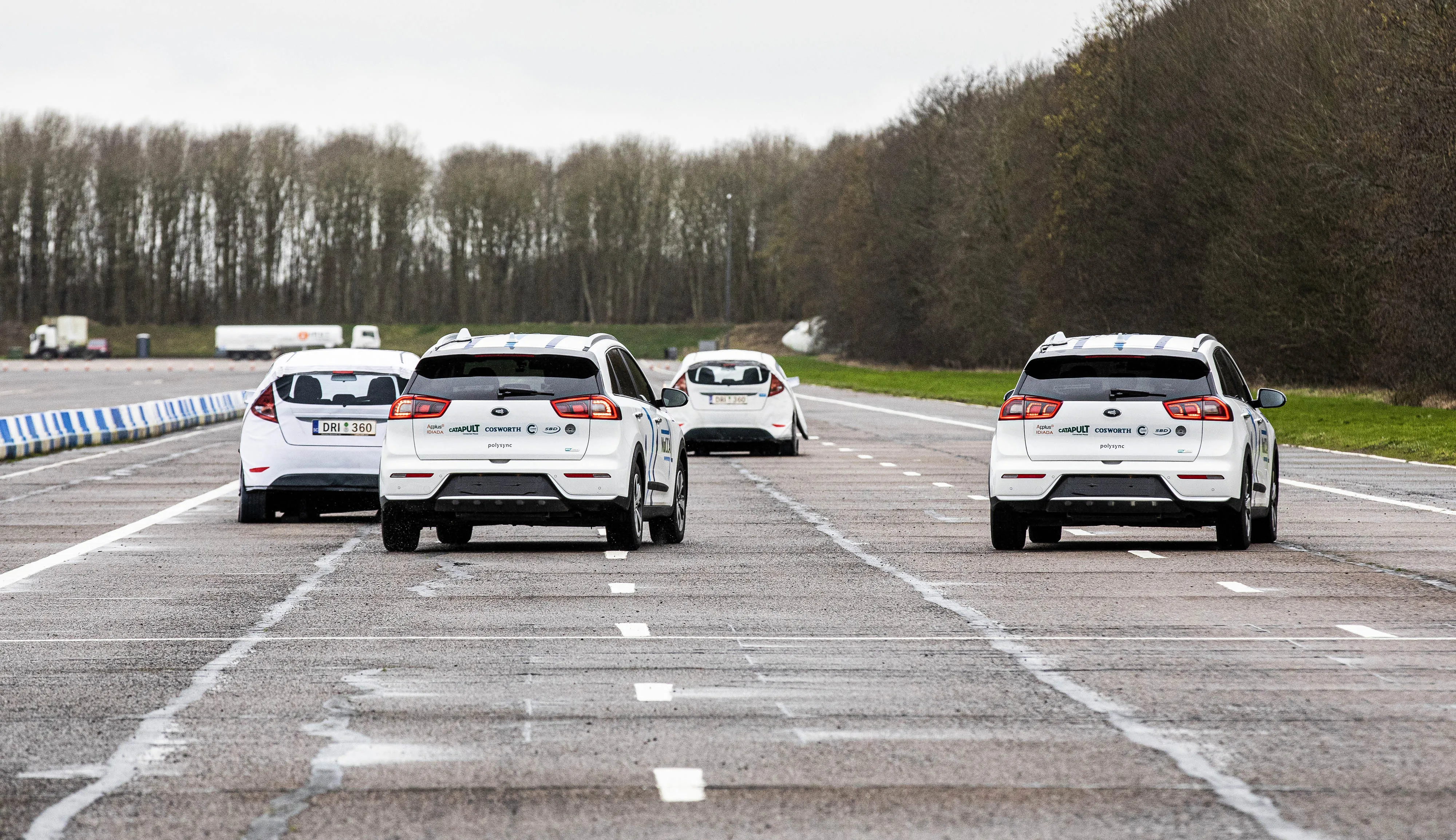The recent accident in California involving a Google autonomous car and a bus “was not a surprise,” according to US transportation secretary Anthony Foxx.
No one was hurt in the accident, which happened when Google’s Lexus RX-450H tried to avoid some sandbags placed around a storm drain and blocking its path; the car’s computer was said to be at fault.
Speaking at the South by Southwest Interactive festival in Austin, Texas, Secretary Foxx told the BBC: “It's not a surprise that at some point there wo
March 14, 2016
Read time: 2 mins
The recent accident in California involving a Google autonomous car and a bus “was not a surprise,” according to US transportation secretary Anthony Foxx.
No one was hurt in the accident, which happened when Google’s Lexus RX-450H tried to avoid some sandbags placed around a storm drain and blocking its path; the car’s computer was said to be at fault.
Speaking at the South by Southwest Interactive festival in Austin, Texas, Secretary Foxx told the BBC: “It's not a surprise that at some point there would be a crash of any technology that's on the road.
“But I would challenge one to look at the number of crashes that occurred on the same day that were the result of human behaviour.”
"Driverless technology presents a lot of potential for disruption on a number of fronts," he said.
"It's unclear to me now exactly how that future unfolds."
No one was hurt in the accident, which happened when Google’s Lexus RX-450H tried to avoid some sandbags placed around a storm drain and blocking its path; the car’s computer was said to be at fault.
Speaking at the South by Southwest Interactive festival in Austin, Texas, Secretary Foxx told the BBC: “It's not a surprise that at some point there would be a crash of any technology that's on the road.
“But I would challenge one to look at the number of crashes that occurred on the same day that were the result of human behaviour.”
"Driverless technology presents a lot of potential for disruption on a number of fronts," he said.
"It's unclear to me now exactly how that future unfolds."









